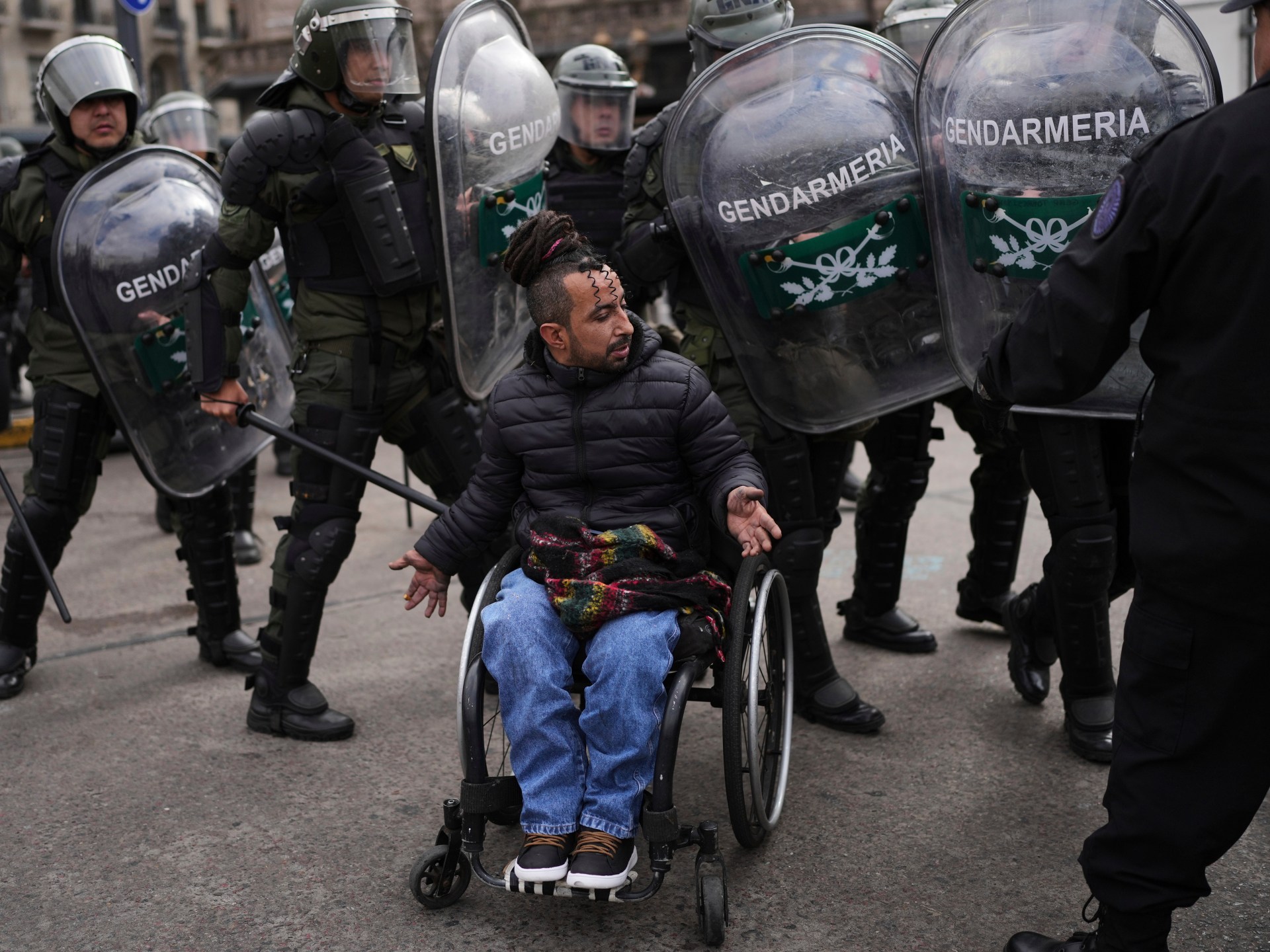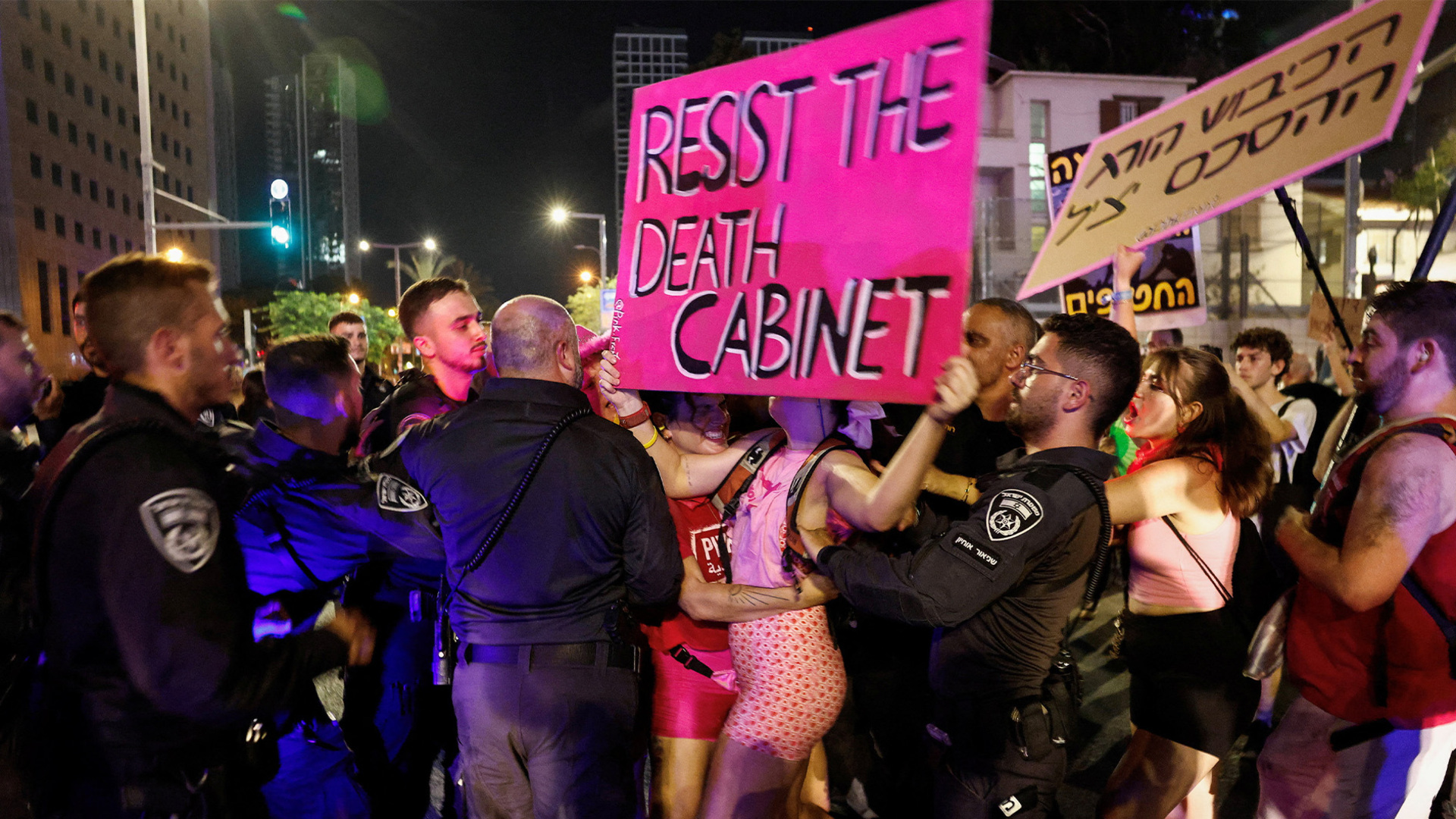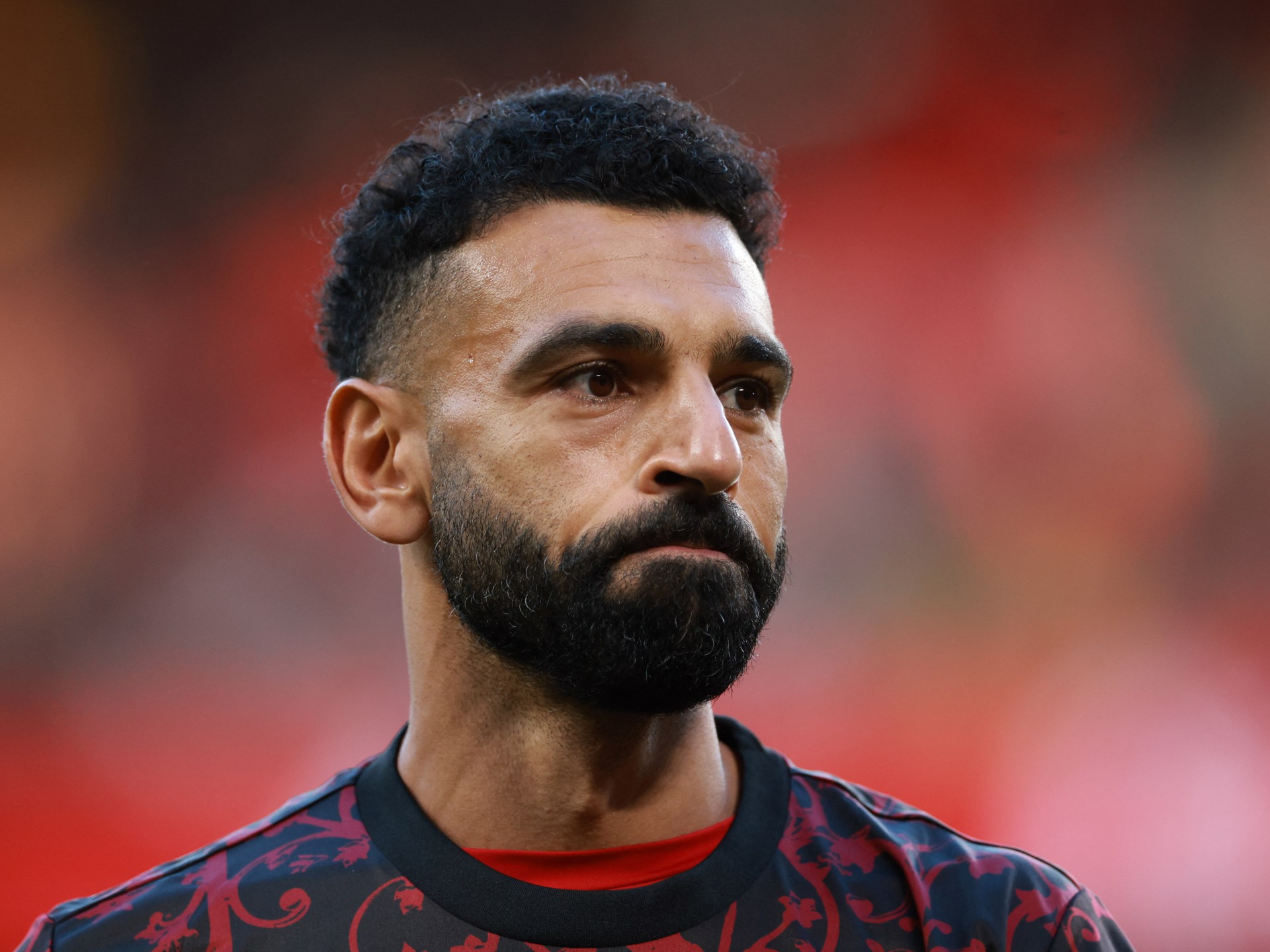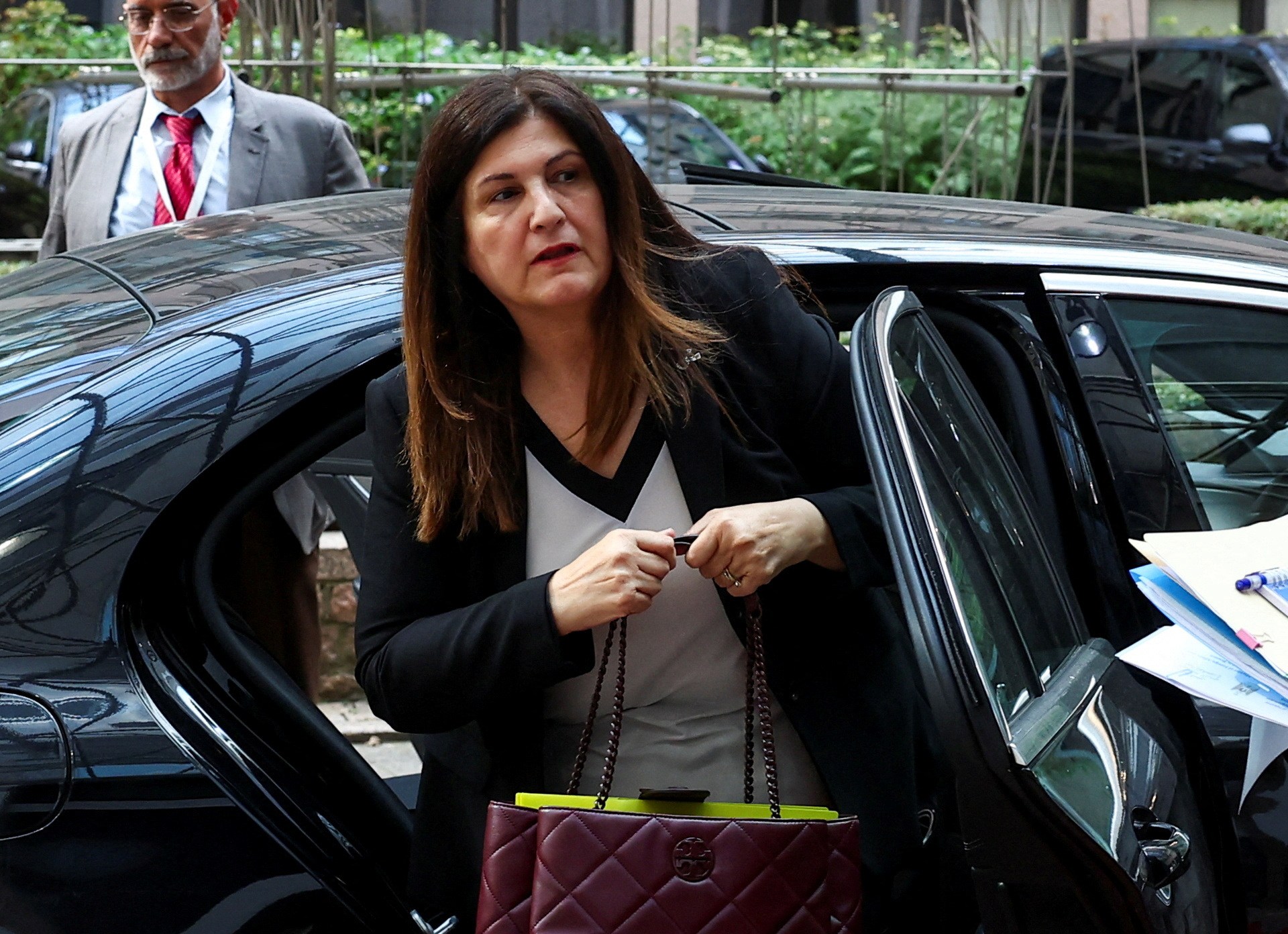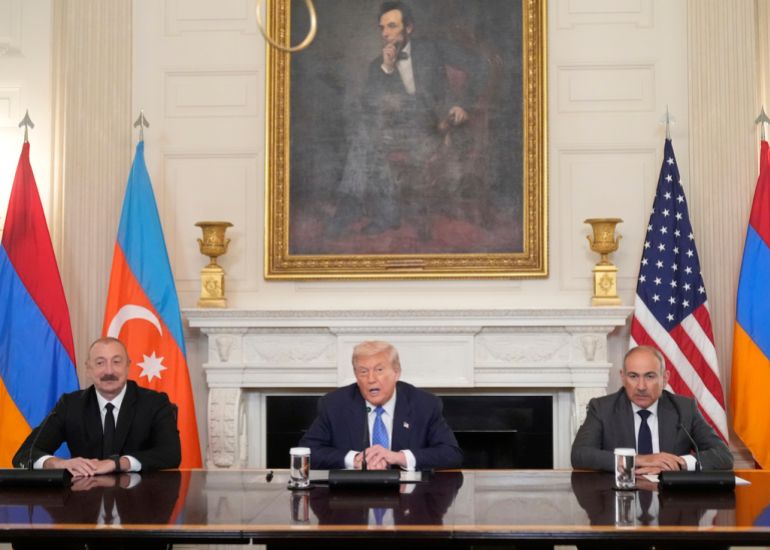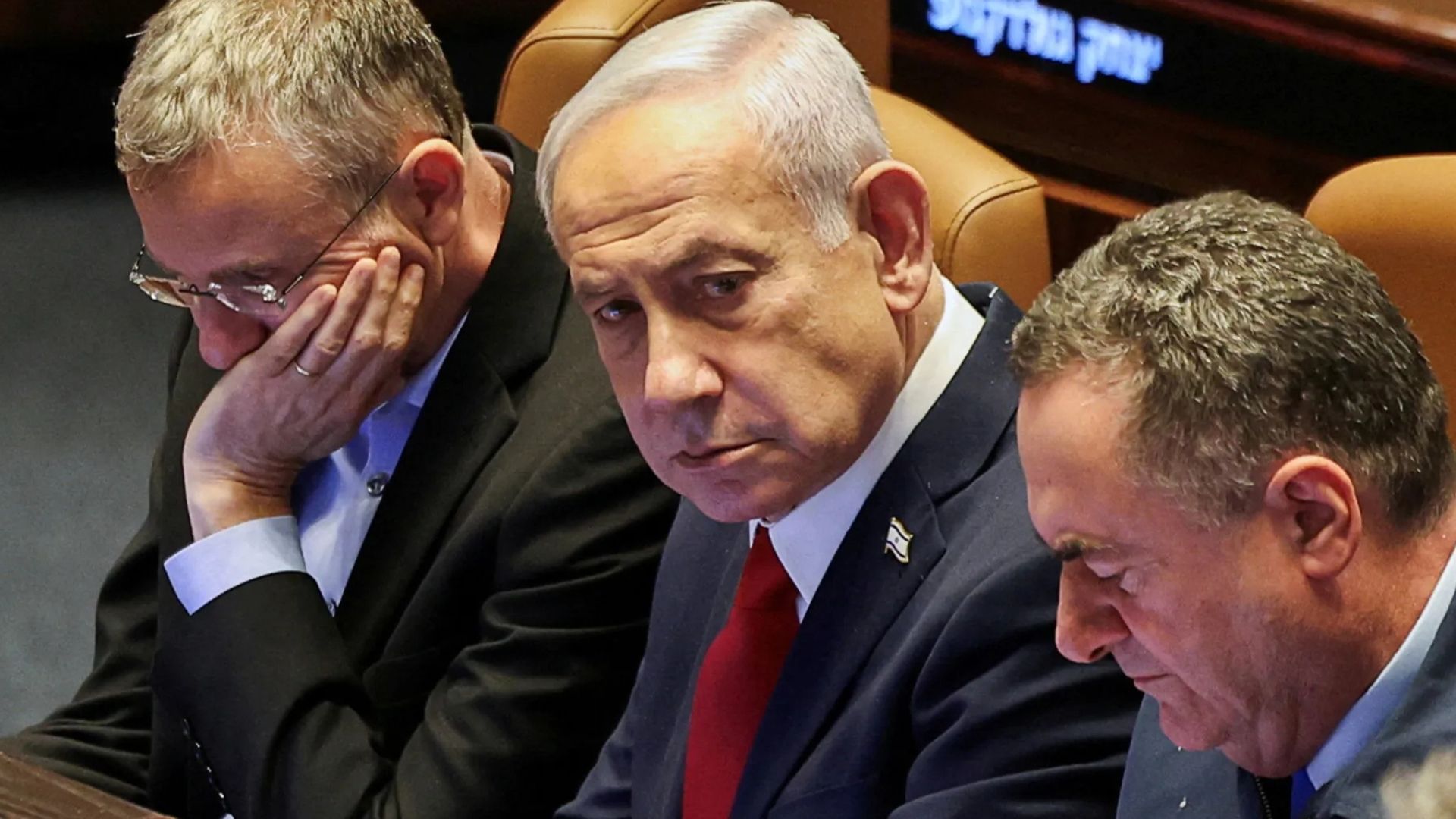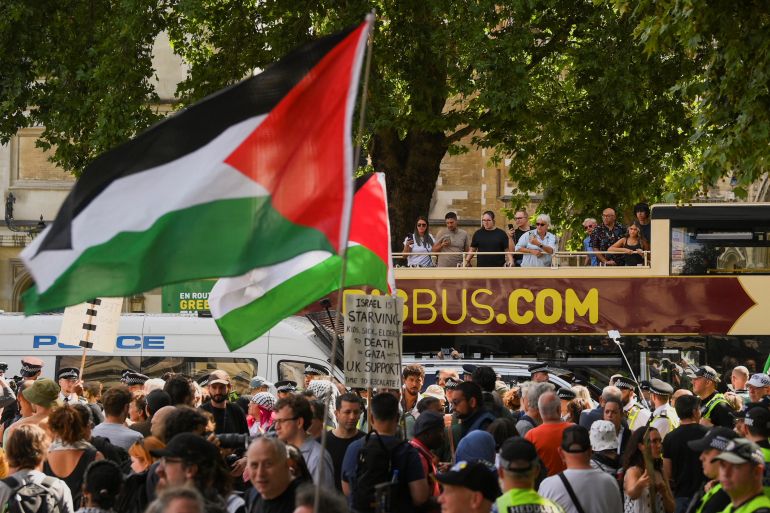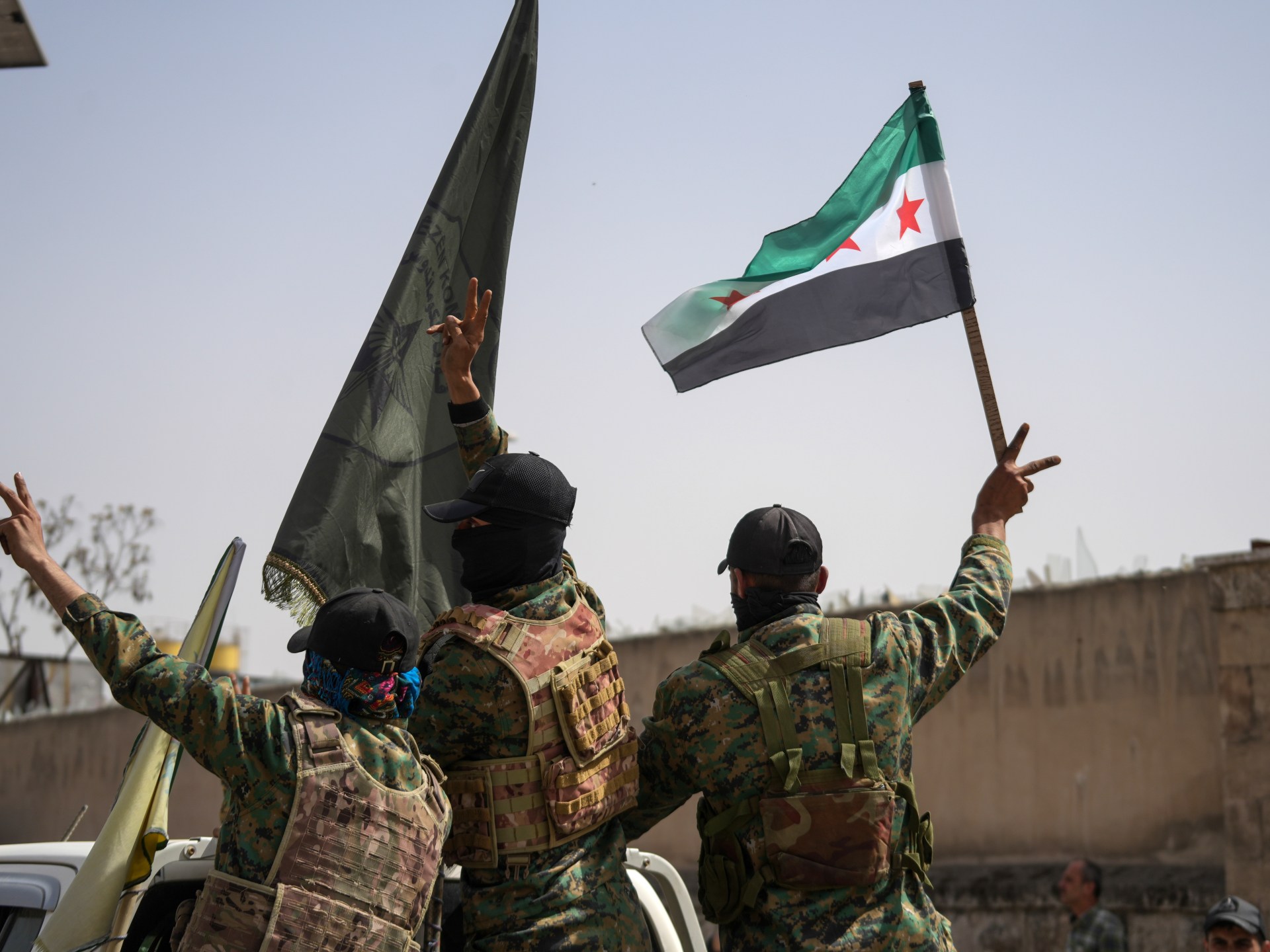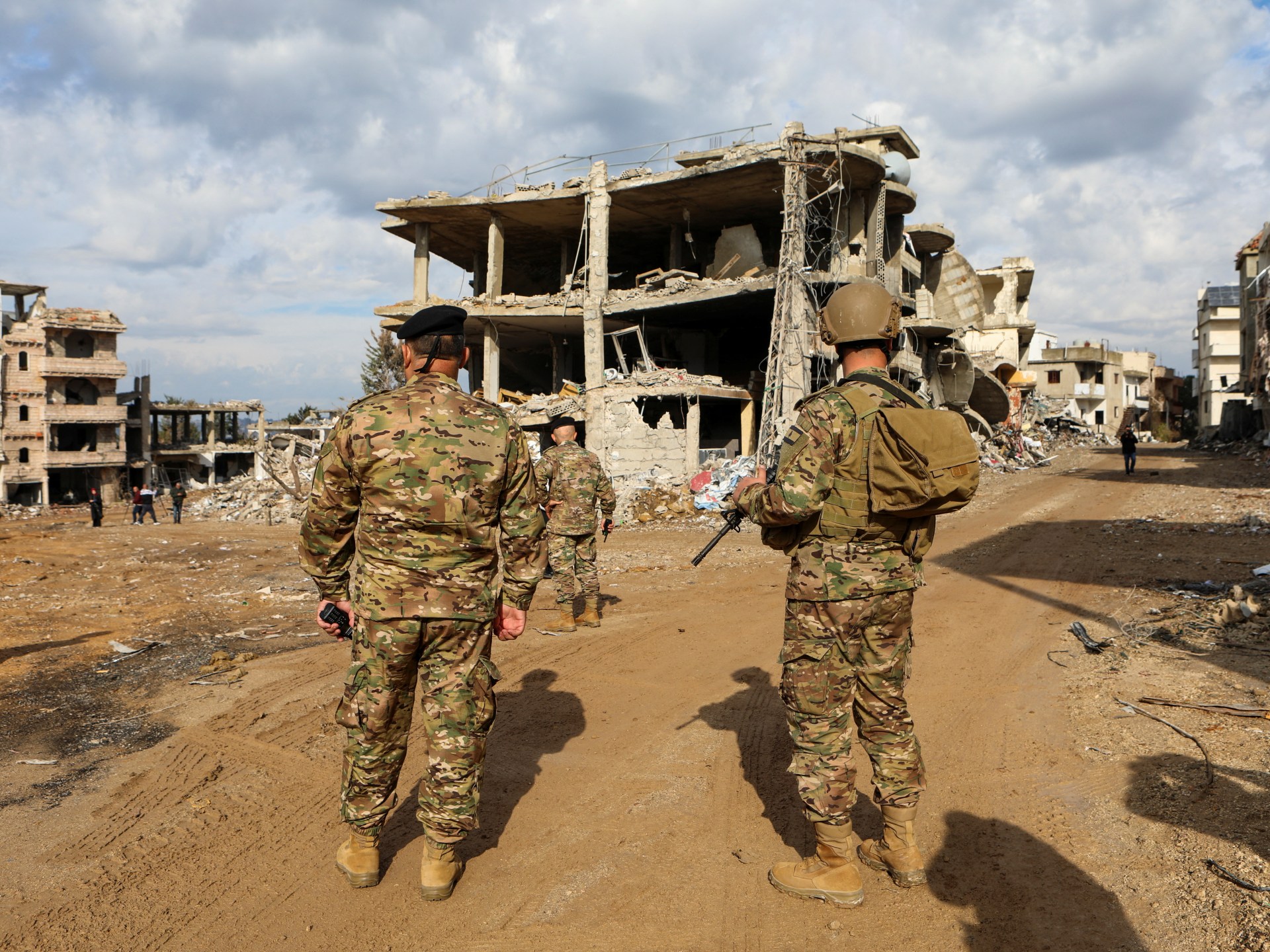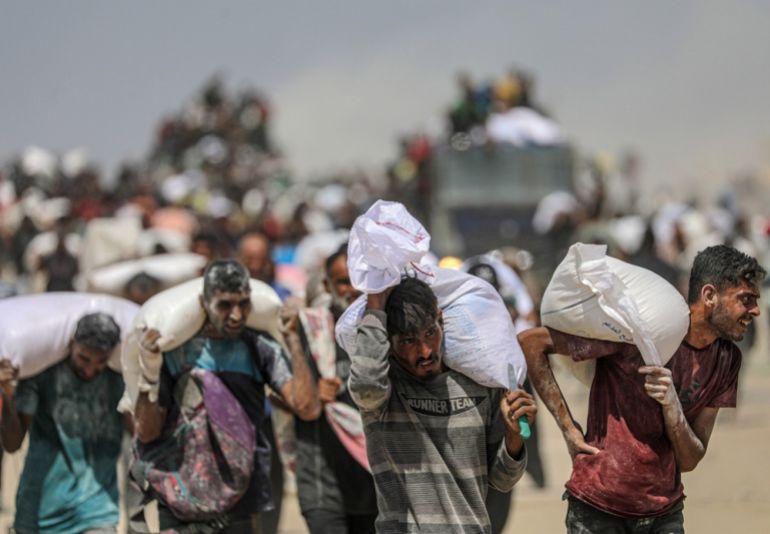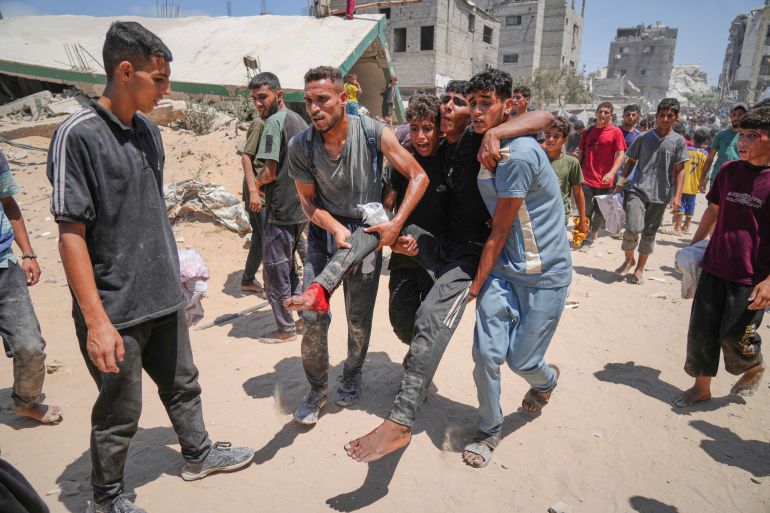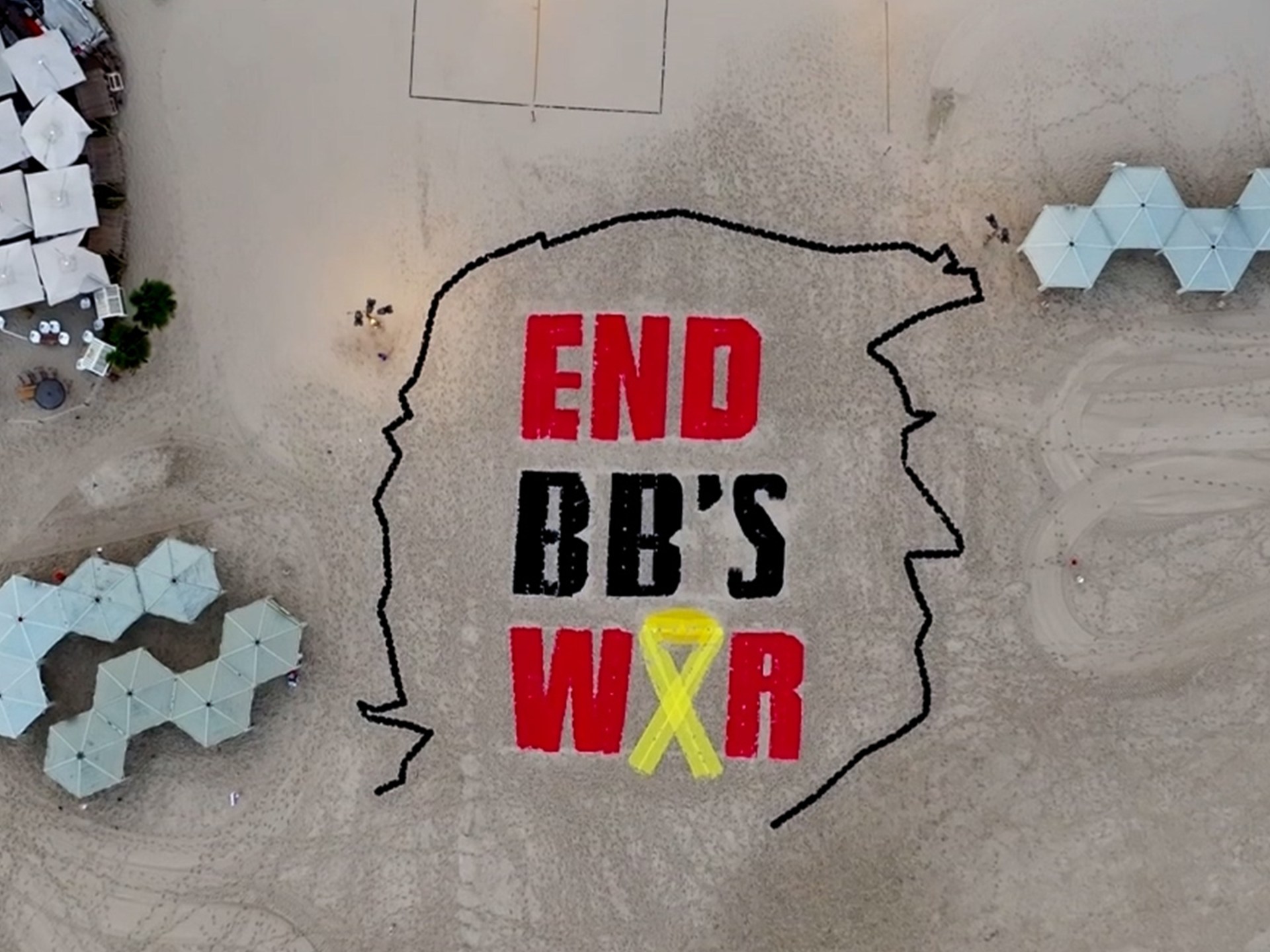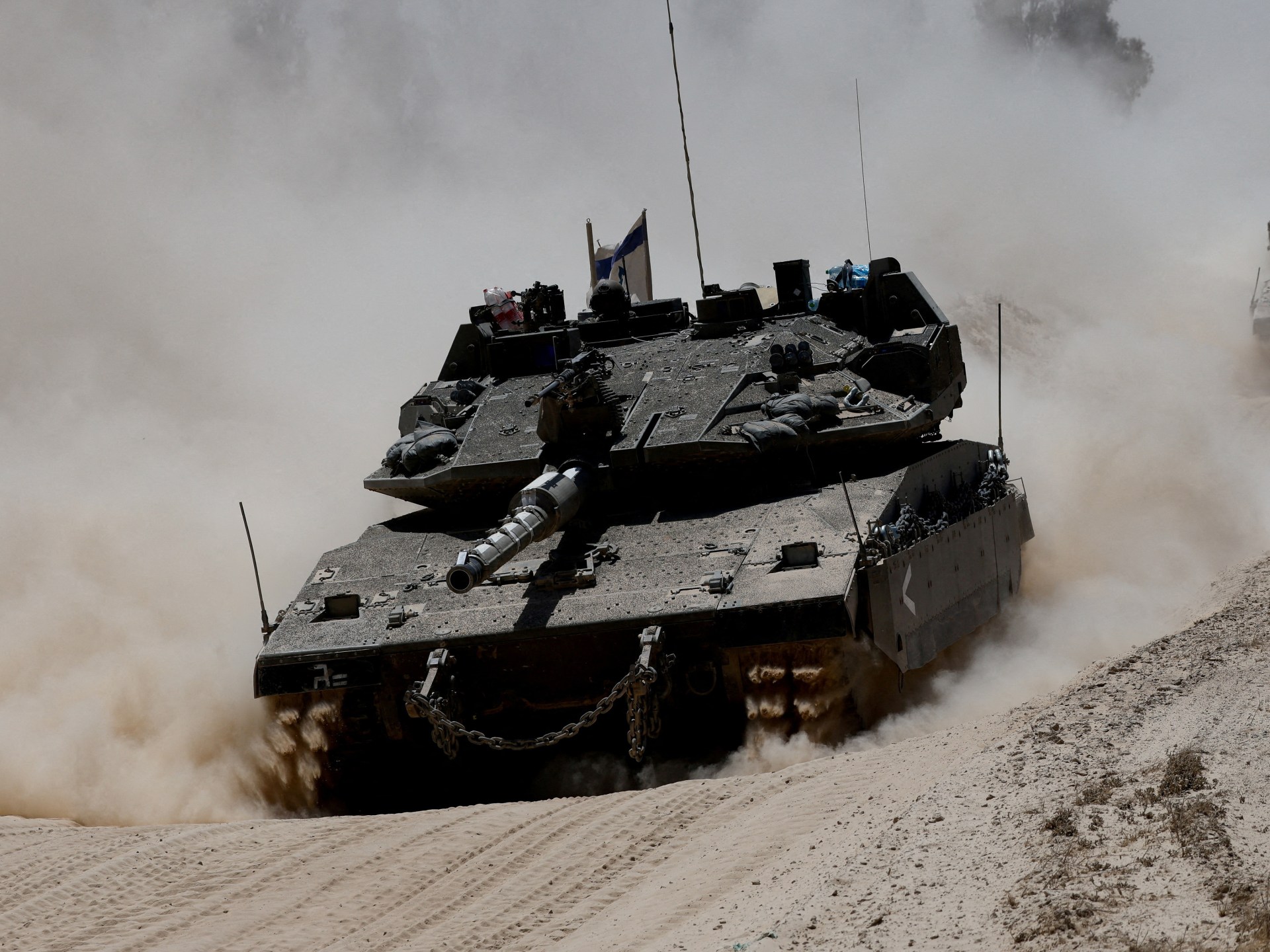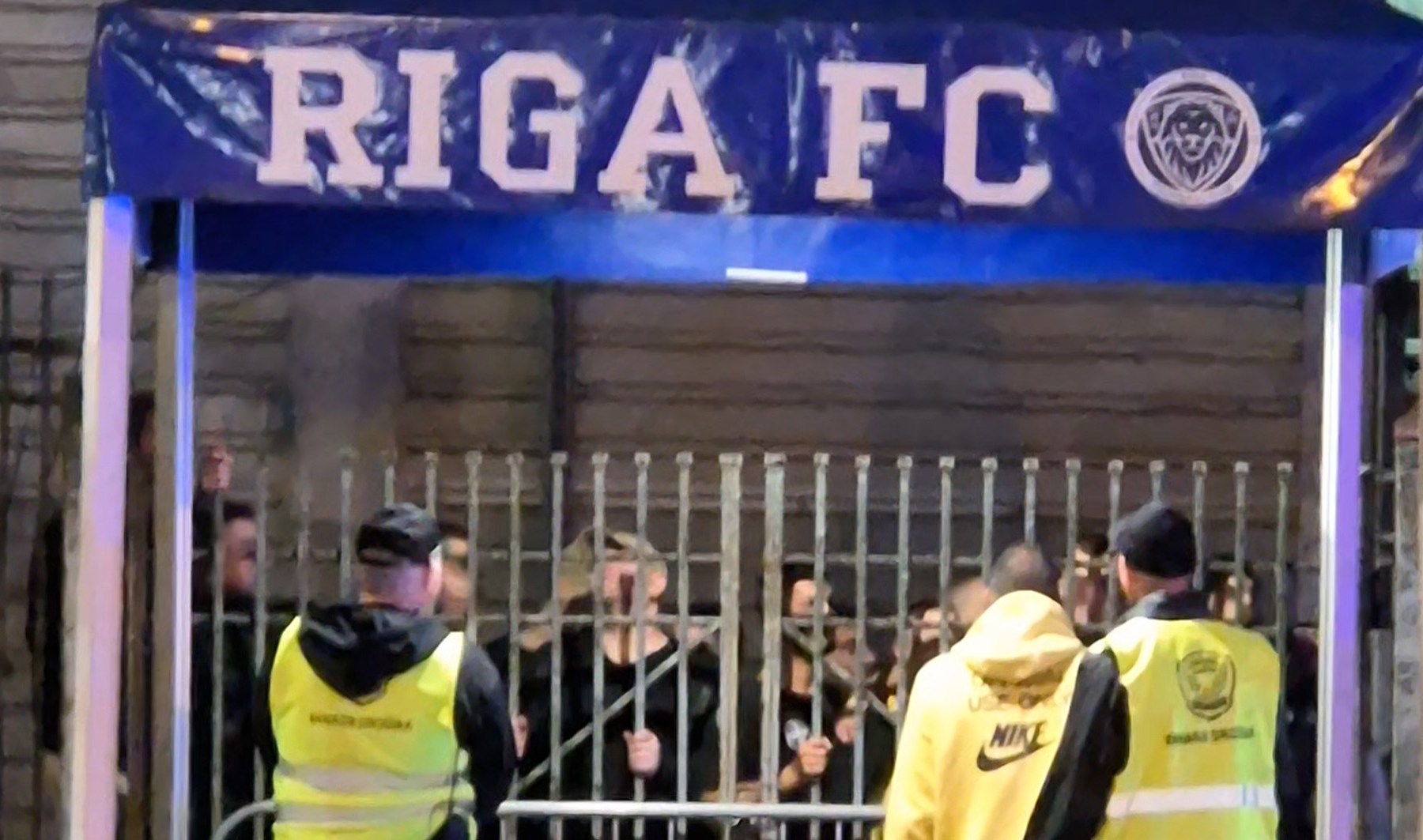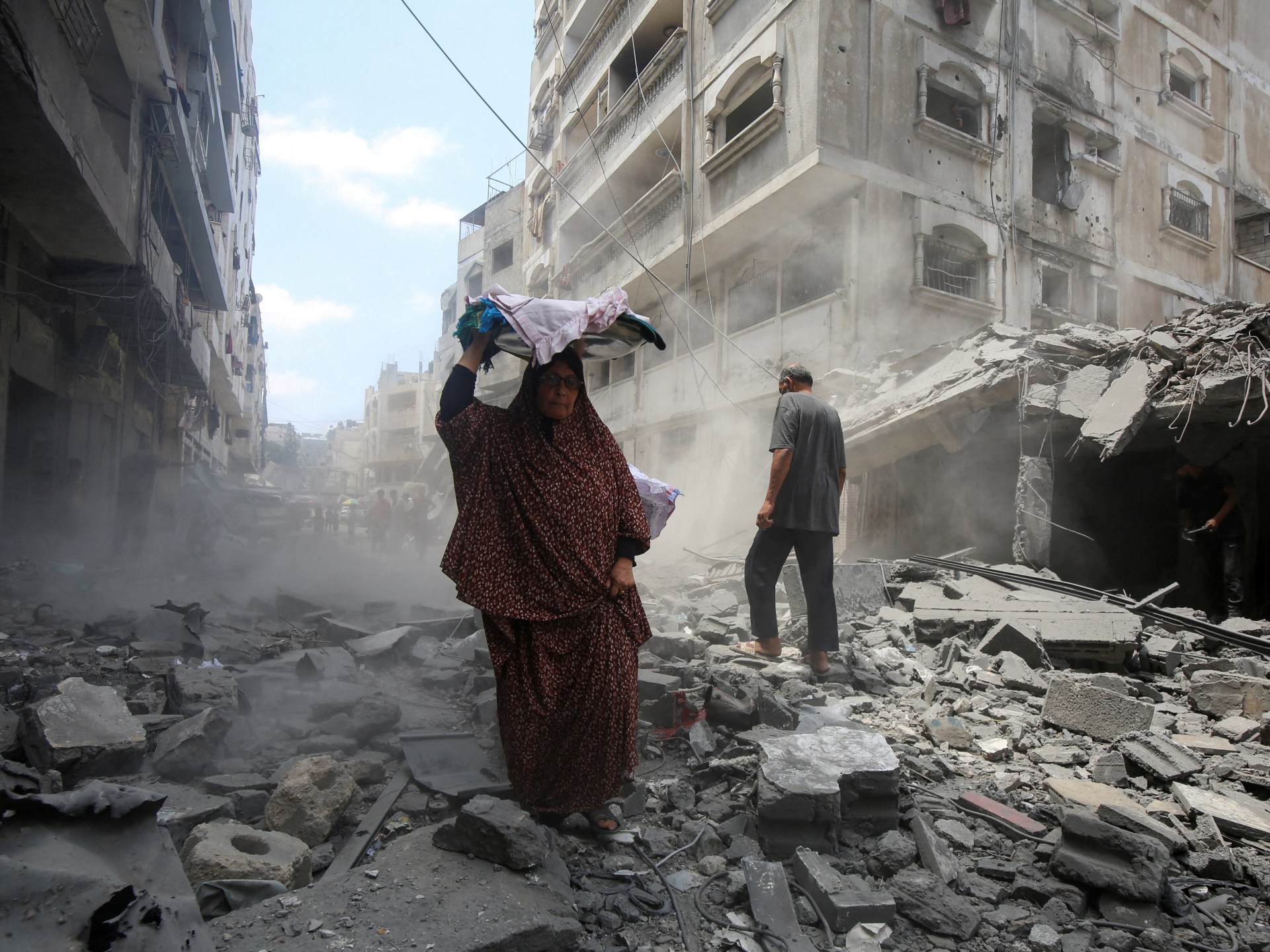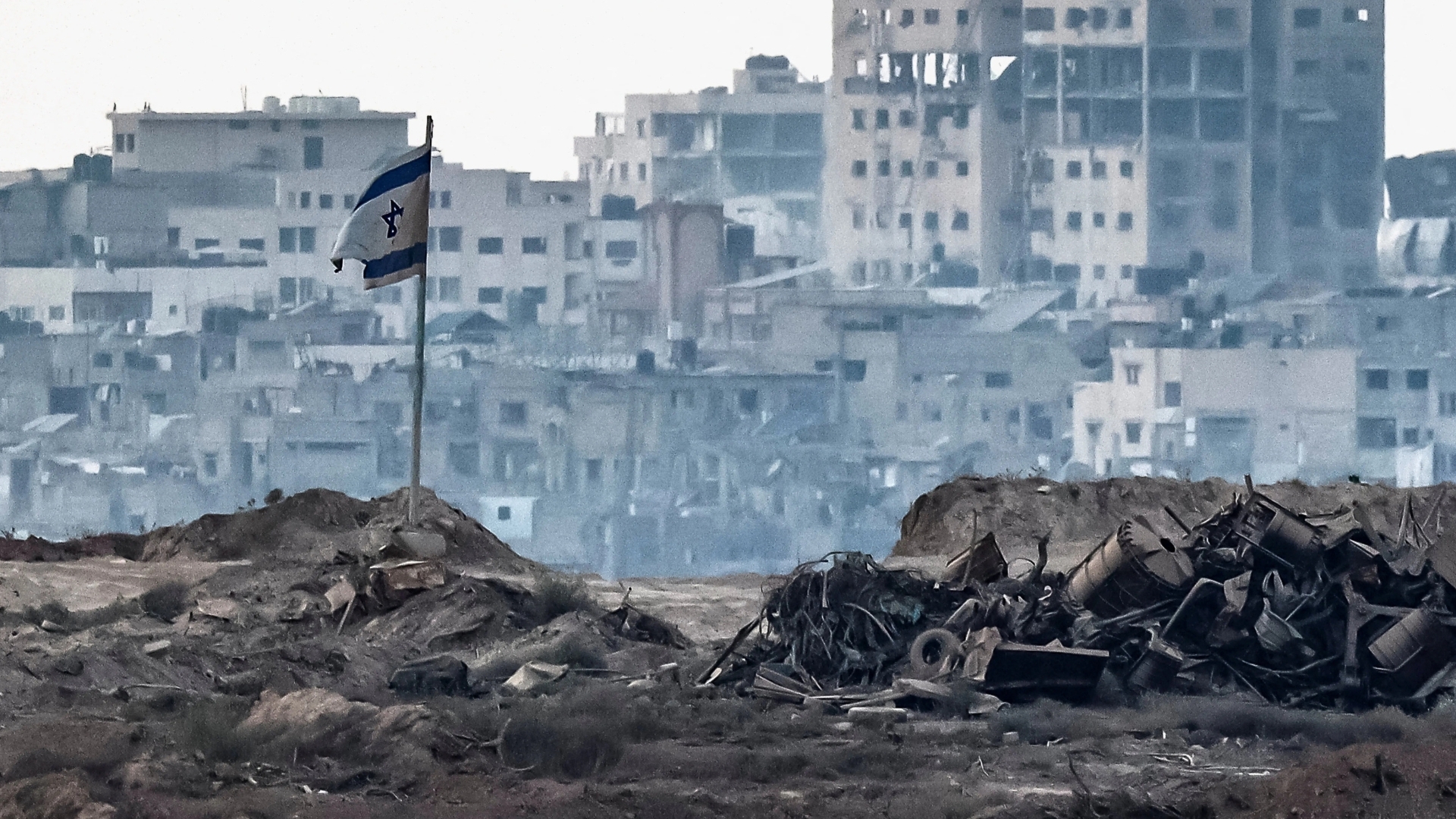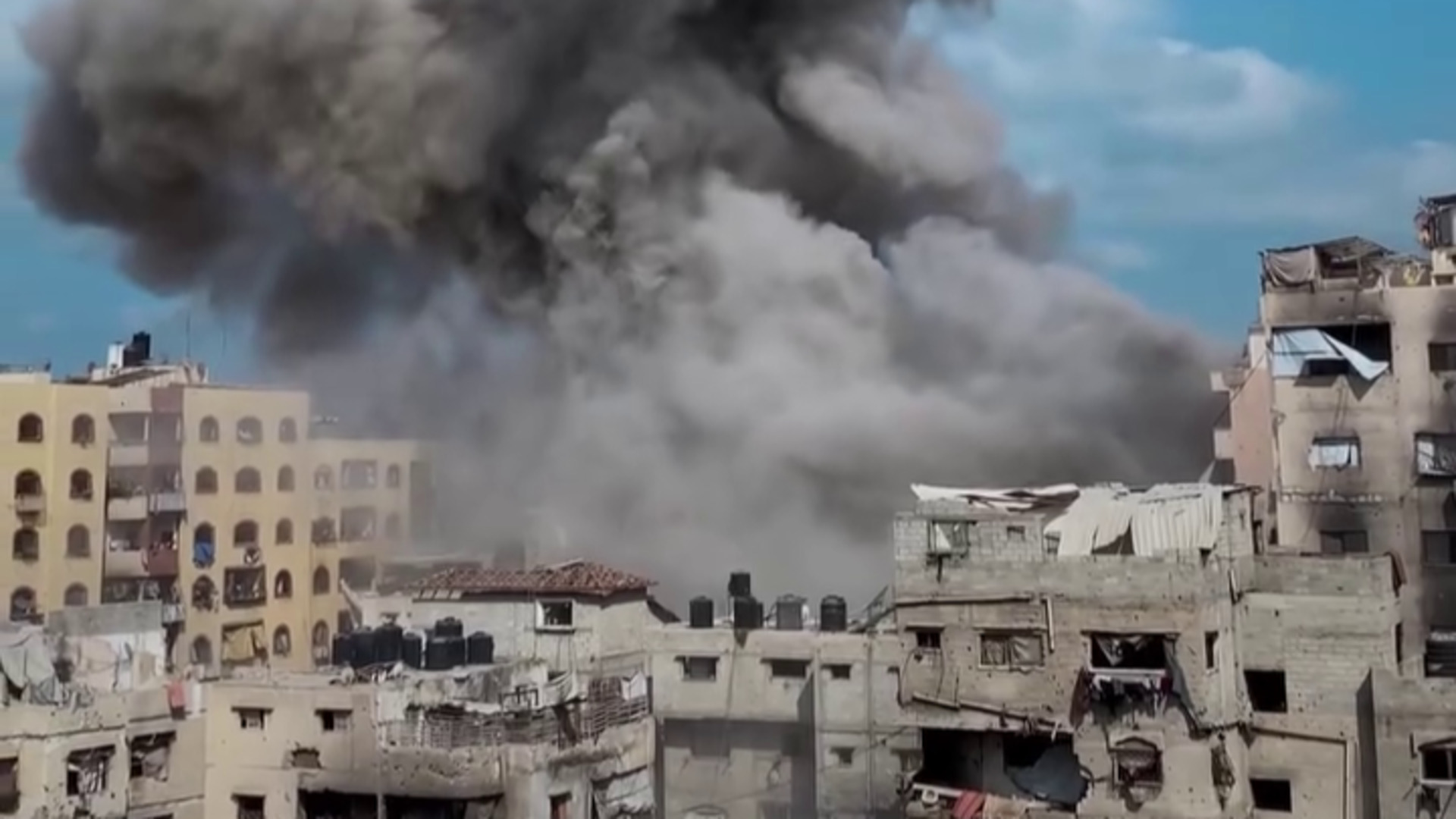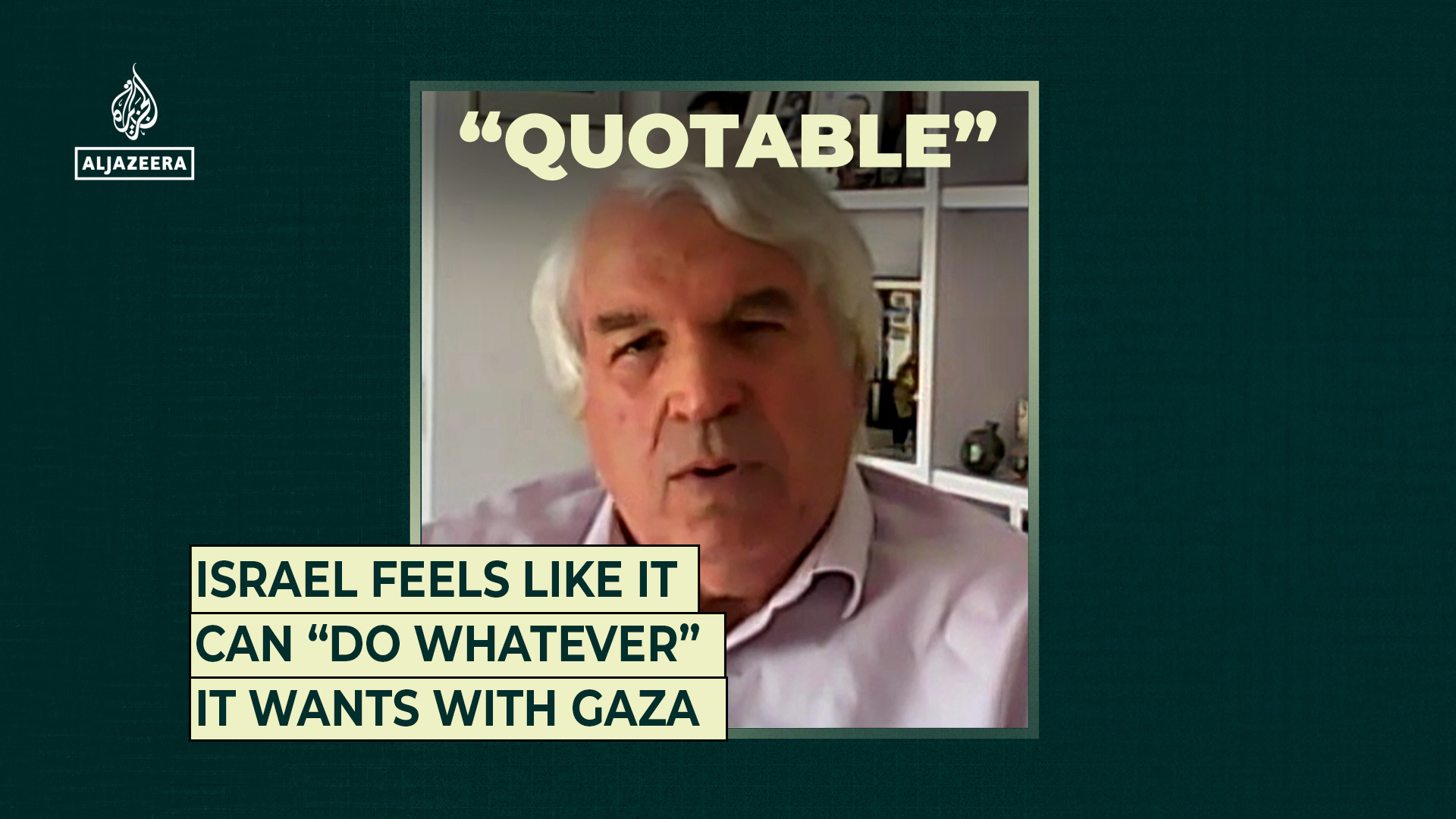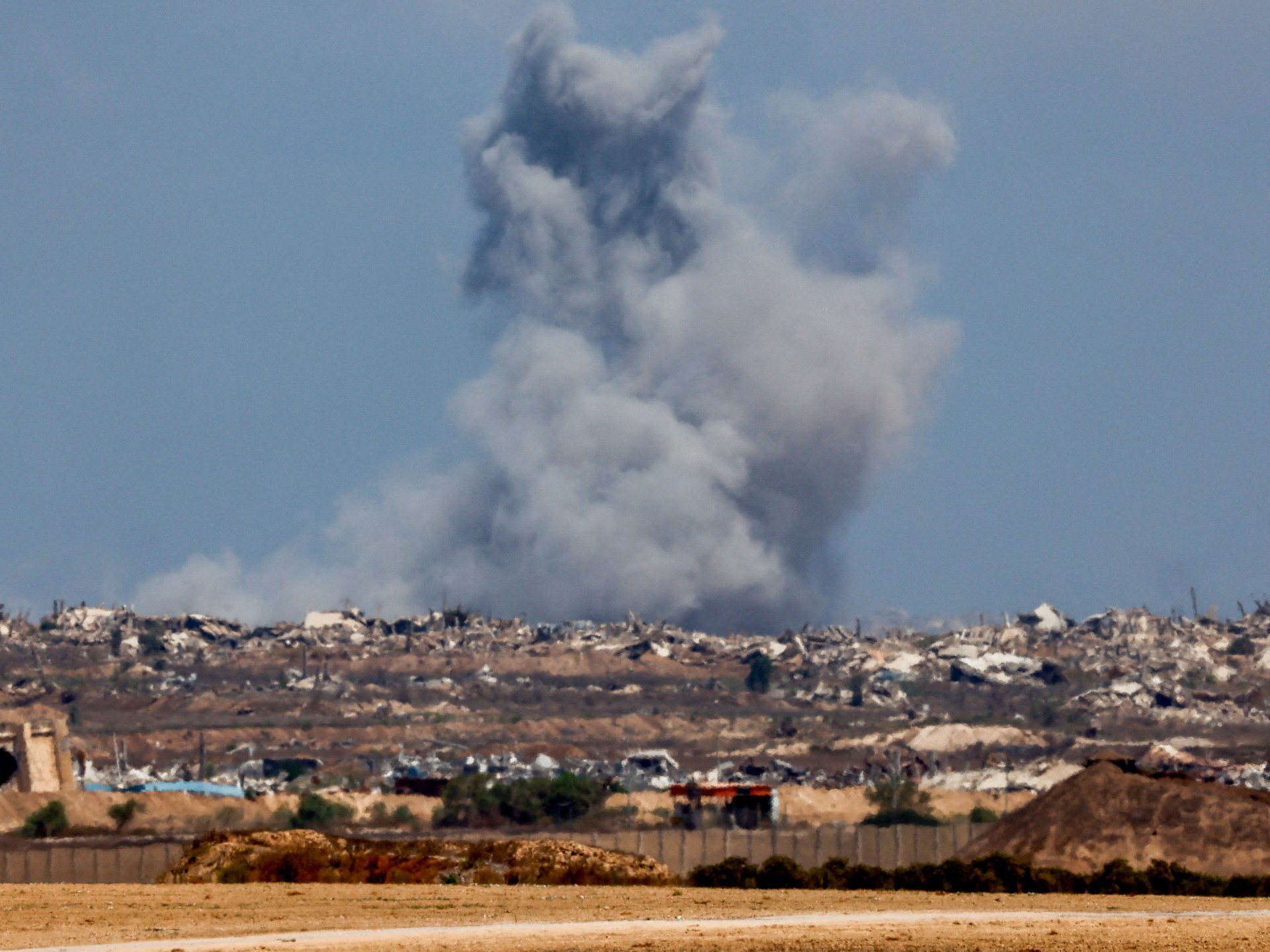Palestinians in Gaza City are facing the prospect of further displacement with a mixture of fear and defiance after Israel announced plans for a military takeover of the largest city in the enclave, where nearly a million people are currently sheltering.
The city was thrown into chaos on Friday after Israel’s security cabinet approved plans for the takeover, which would involve the forcible removal of Palestinians already displaced multiple times into concentration zones in the south.
“I swear to God that I have faced death like 100 times, so for me, it’s better to die here,” said Ahmed Hirz, who has been displaced along with his family at least eight times since Israel’s war began.
“I will never leave here,” he told Al Jazeera. “We have gone through suffering and starvation and torture and miserable conditions, and our final decision is to die here.”
That sentiment was shared by others who spoke to Al Jazeera. Rajab Khader said he would refuse to move to southern Gaza, to “stay in the streets with dogs and other animals”.
“We must stay in Gaza [City] with our families and loved ones. The Israelis will find nothing except our bodies and our souls,” he said.
Maghzouza Saada, who was previously displaced from northeastern Beit Hanoon, expressed her outrage over being forced to move again, when nowhere in the Strip could be considered safe.
“The south is not safe. Gaza City is not safe, the north is not safe. Where should we go?” she asked. “Do we throw ourselves in the sea?”
‘State of panic’
Reporting from Gaza City, Al Jazeera’s Hani Mahmoud said residents had been in a “state of panic” since the early hours of Friday over Israel’s plans to ethnically cleanse the area.
He said that some had started to pack up whatever is left of their belongings. “Not because they know where they are going, but because they don’t want to be caught at the [last] moment. They want to be ready for the time the Israeli military is forcing them out,” said Mahmoud.
“The fear, the concern, the desperation are all on the rise. The Israeli military promises an evacuation zone where people, in fact, end up being killed in these areas,” he added.
Amjad Shawa, director of the Palestinian NGO Network, said residents were tired of being forcibly and repeatedly displaced. This time, he said, the prospect of evacuation posed even greater dangers, with hospitals, water facilities and other infrastructure destroyed.
“Now, there is nothing to give to the people, and it’s risky,” he said.
“We have to move elders who cannot walk, and we have patients and injured people who cannot move. We cannot leave them behind, and we cannot give them services.”
Some 900,000 Palestinians at risk
As news of Israel’s controversial escalation sunk in, the military continued its attacks on the vulnerable population, killing at least 36 people since dawn – including at least 21 who were seeking aid – according to medical sources.
Among the day’s attacks, an Israeli drone targeted Gaza’s southern municipality of Bani Suheila, east of Khan Younis city, killing two Palestinians, according to a source from Nasser Hospital who spoke to Al Jazeera.
Al Jazeera Arabic reported that one aid seeker was shot dead by Israeli forces in northern Gaza. And at least two people were killed at an aid distribution site run by the controversial United States and Israel-backed GHF, which is slated for expansion under Israel’s new offensive.
Reporting from Jordan’s capital, Amman, Al Jazeera’s Hoda Abdel-Hamid said that the notorious foundation, which currently runs four aid sites where over 1,300 Palestinians have been killed while trying to get food, mainly by Israeli forces, would be operating 12 more hubs in the enclave.
Abdel-Hamid said that Israel had not given an “exact timeline” for taking control of Gaza City, but that a ground offensive was in the offing, with “troop movement along Israel’s southern border with Gaza”. Forcibly removing up to 900,000 Palestinians from the city could, she said, take weeks.
In the longer term, military experts have said Israel’s plans – which would see it assume security control over the enclave, establishing an alternative civil administration that is neither Hamas nor the Palestinian Authority – could take years.
‘War crime’
Amid mounting global condemnation from the United Nations, the European Union and a number of countries, it was unclear what Israel’s chief military backer, the US, made of the plans.
US Vice President JD Vance declined to comment on whether his administration had been given prior notification about Israel’s Gaza City plans, but continued to withhold support for a Palestinian state and underlined that “Hamas can’t attack innocent people”.
Experts say Israel would not be able to move forward with its plan to take total military control of Gaza without billions of dollars in backing from Washington. And few have forgotten President Donald Trump’s stated desire to “clean up” Gaza and turn the enclave into the “Riviera of the Middle East”.
On Friday, Hamas called Israel’s plans for Gaza City a “war crime”, saying that the decision explained why the country had suddenly withdrawn from the last round of ceasefire negotiations.
In a separate statement on Telegram, it said Palestinians would “resist any occupation or aggressive force”, slamming the US for providing cover for Israel, and accusing the international community of complicity in crimes against the Palestinian people.
The UN Security Council will hold an emergency session on Saturday to discuss Israel’s escalation.
